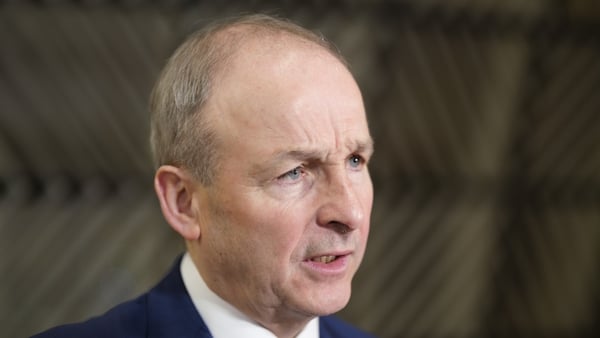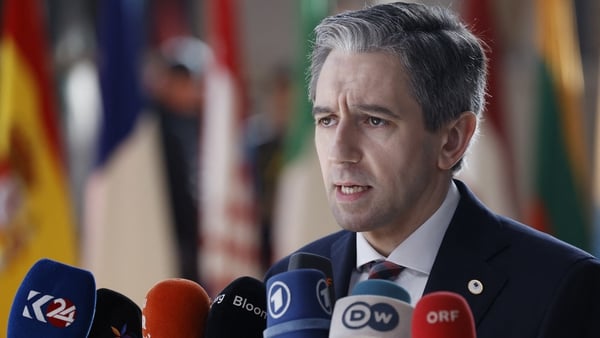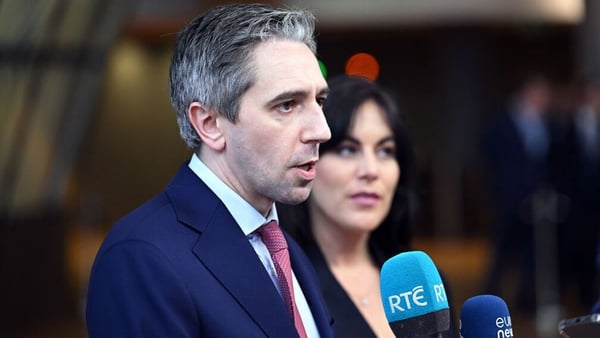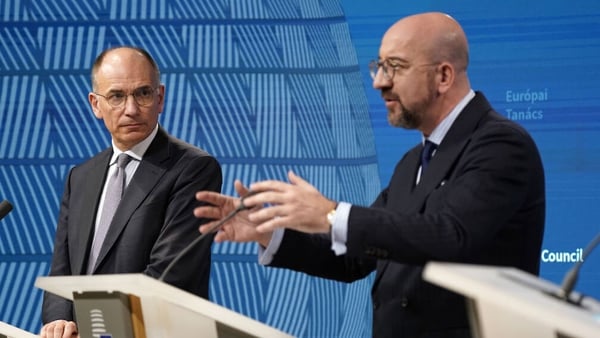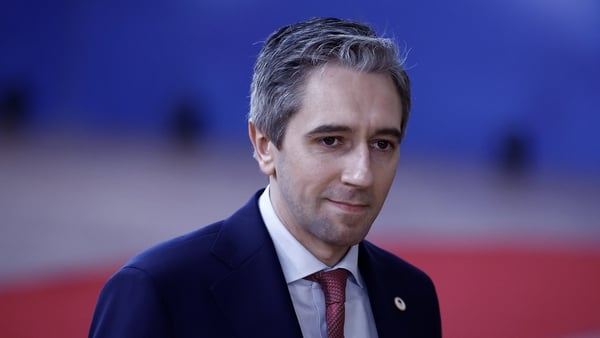The Minister for State at the Department of Energy has said he believes that consensus can be found among European Union member states on how to tackle the energy crisis, despite the failure of ministers at an emergency meeting in Luxembourg to reach agreement on Europe's long-term gas supply.
The Irish Government has joined a group of 11 member states which oppose any wholesale reform of the European energy market.
Ossian Smyth said all member states had their own range of short-term measures to help lower prices and protect the most vulnerable.
The EU has been hit hard by a spike in gas prices, which is feeding into higher electricity prices.
That is hitting consumers and businesses, and will potentially feed into higher inflation.
We need your consent to load this rte-player contentWe use rte-player to manage extra content that can set cookies on your device and collect data about your activity. Please review their details and accept them to load the content.Manage Preferences
There are many reasons for the high energy prices.
There has been a surge in demand as economies have pulled out of the pandemic, China has been buying huge reserves of gas, and storage facilities were not topped up last summer as they normally would have been.
All that means a shortage of supply and a spike in prices.
Because of the way the energy market works, the supply of gas generally sets the market price of electricity, and as such electricity prices have surged as well.
The supply of gas is also entangled with geopolitics.
Russia could have increased supply but has chosen not to in order to put pressure on Berlin to approve a new gas pipeline between Russia and Germany.
The crisis comes ahead of the COP26 climate summit in Glasgow, and it has cast a harsh light on Europe's dependence on fossil fuels in the short term, while renewables catch up in the medium to long term.
Some member states like Spain and France want a wholesale reform of the energy market. That could include a strategic gas reserve to provide a buffer when supplies are short, or if there are geopolitical shocks.
France also wants electricity prices to be less driven by gas, which is the case now. Because France relies heavily on nuclear energy, it wants that to be a factor in how electricity prices are fixed.
Two weeks ago the European Commission published a so-called toolbox of short- and medium-term measures.
The Commission recommends that member states lower energy prices by cutting taxes and levies and provide subsidies for those facing energy poverty.
Ireland supports this approach, and the Government has increased the winter fuel allowance.
In general, the Government fears that wholesale intervention in the gas market, where typically companies and not governments operate, would be a mistake and could cause problems for the future.
There is hope, if not a belief, that the energy crunch is a short term, post Covid-19 phenomenon and that things will get back to normal in the spring.
But the winter is yet to come and things might look a lot more problematic in a month’s time.


